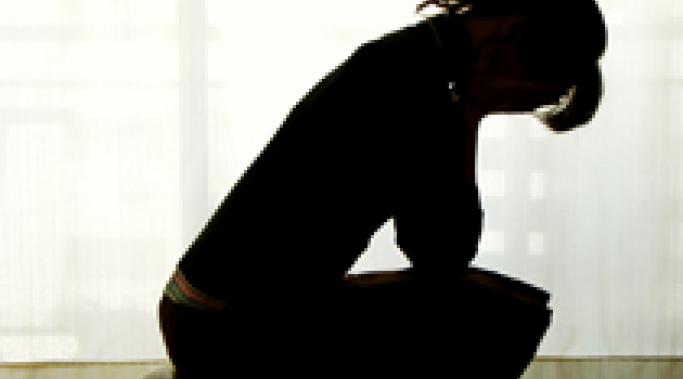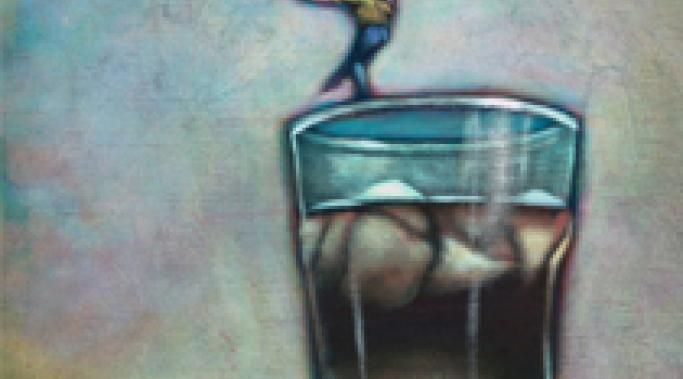In April of 2002, I went on a date that ended with me being sexually assaulted. As the anniversary approaches, my symptoms of borderline personality disorder have increased. I've learned that I have to come to terms with what happened to me. Here are three insights I've had.
More than Borderline
One of the symptoms of borderline personality disorder (BPD) is self-destructive, impulsive behavior such as alcoholism. For a person with both BPD and a substance abuse issue, staying sober and therefore able to feel "sane," can be a struggle. Today is one such day for me, but I have a plan to stay sober, just for today.
Yoga, an ancient Hindu exercise designed to bring spiritual enlightenment, has slowly gained in popularity in the West. It has many health benefits, including some benefits for borderline personality disorder and other severe mental illnesses. More Than Borderline's Becky Oberg demonstrates three easy poses: Mountain, Warrior, and Downward-Facing Dog.
On March 25, I celebrated one year of sobriety by the grace of God and the fellowship of Alcoholic's Anonymous (A.A.). (Wondering if you're an alcoholic? Try the CAGE test.) I've been in a somewhat reflective mood and have considered all I've learned over the past year. Three sayings I've taken to heart are: "Fake it 'til you make it," "Anger is the dubious luxury of normal people," and "Keep showing up until the miracle occurs."
I once remarked that 90 percent of the cases on Judge Judy could be avoided by remembering proverbs such as: "If it sounds too good to be true, it probably is."
An Arabic proverb says: "Proverbs are the light of speech." Proverbs are important even when it comes to mental health treatment. Here are three sayings that mental health professionals would do well to remember.
According to HealthyPlace.com (What Is Borderline Personality Disorder?), borderline personality disorder (BPD) can be caused by abuse or neglect by a caregiver. As a child, I experienced both. It was so bad that I went to college one thousand miles away from home. My goal was to get as far away as possible.
But people can change. My parents and I now have a great relationship, in spite of my BPD.
My diagnosis of borderline personality disorder (BPD) is somewhat controversial; one doctor said it might be more accurate to say I have "traits of borderline." Whatever the words, I have at least one symptom of BPD--I self-injure. That's easy to define, but hard to explain. Here's my story.
Are your symptoms of borderline personality disorder flaring up with no apparent cause? Sometimes a major purchase can trigger symptoms of borderline personality disorder (BPD). Instead of the buyer's "high" that comes with something new, buyer's remorse can be felt. The resulting sadness can cause symptoms of BPD such as self-harm.
There's a rumor going around that my payee was fired because he was pocketing the money from his clients' Social Security checks. The results have not been pretty. Trust between staff and clients is on the skids, and people are borderline paranoid of losing more money. When someone asked, "Why do they take advantage of mentally ill people like that?", my friend Michael replied, "Because they can." It made me think about what happens when people with mental illness have encounters with the criminal justice system.
When I was a patient at Larue D. Carter Memorial Hospital, we had a few bullies on our unit. One, named Katie, ruled through physical force--and at a whopping 500 pounds, that was easy. Another one, named Angel, enjoyed provoking people to self-injure and was even responsible for a couple of suicide attempts. Both were probably sociopaths, in addition to having borderline personality disorder (BPD). Such people can dominate your life if you let them. So how do you take your power back?









